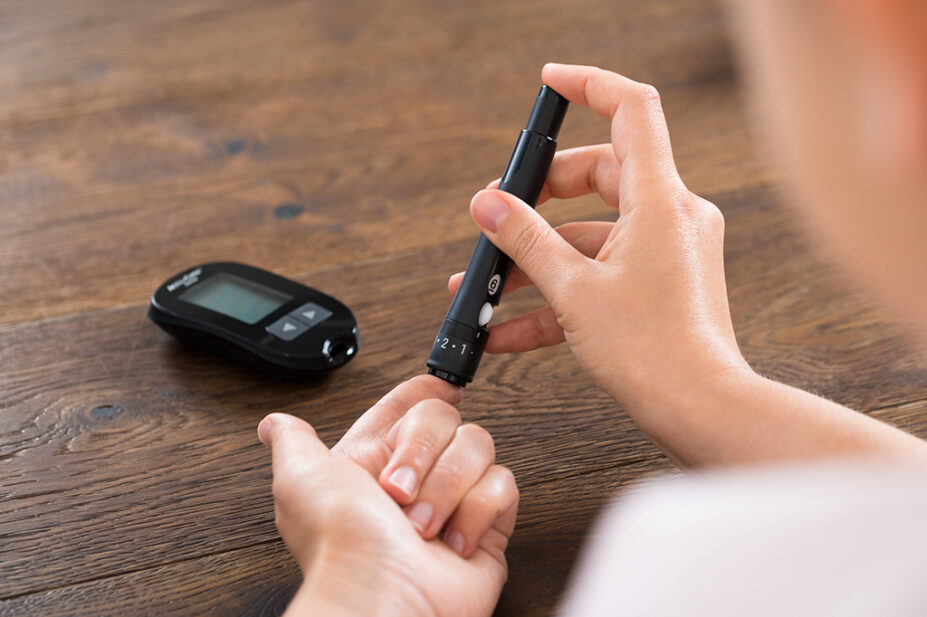
Shutterstock.com
The number of patients at risk of type 2 diabetes mellitus (T2DM) in England has increased by more than half a million people in a year, according to NHS figures.
The latest National Diabetes Audit Programme, published on 12 June 2024, showed that 3.6 million people registered with a GP were found to have non-diabetic hyperglycaemia in 2023, compared with 3.1 million people in 2022 — an increase of nearly 550,000 people.
In people aged under 40 years, there was an increase of almost 25% in the same period, from 173,166 people in 2022 to 216,440 people in 2023.
Claire Davies, diabetes and endocrinology specialist pharmacist at Gateshead Health NHS Foundation Trust, said the data are “really insightful to help us quantify the impact of type 2 diabetes and how the NHS can manage this and how the pharmacy workforce can support”.
“Pharmacists and pharmacy technicians can provide a unique position to support this cohort of patients with diet and lifestyle advice, as well as medicines optimisation, to help people living with or at risk of diabetes manage their condition,” she said.
“I hope the pharmacy workforce is seen as a key player in diabetes prevention and management by the NHS.”
In 2016, NHS England launched the NHS Diabetes Prevention Programme, with the aim of preventing people from developing T2DM and to reduce obesity rates.
NHS England said in a statement on 12 June 2024 that more than 1.6 million people “have been offered support through the nine-month programme, which provides personalised support with practical tools and advice on healthy eating and lifestyle, increasing physical activity and weight management”.
Additionally, in May 2024, the NHS announced plans to roll out a low-calorie treatment programme for T2DM nationally, following a successful pilot scheme in 2018.
James Davies, director for England at the Royal Pharmaceutical Society, said: “Pharmacists, as the experts in medicines, already provide expert care and advice to patients with type 2 diabetes and those who may be predisposed to developing the condition.
“With adequate support, resource and protected time to develop their practice, pharmacists are perfectly placed to play an increasing role to support patients in the prevention and early detection of type 2 diabetes. We want to see the NHS utilise pharmacists across all care settings to support this.”
Nikki Joule, policy manager at Diabetes UK, said the organisation was “extremely concerned” by the NHS data.
“It is vitally important that people at high risk of type 2 diabetes have access to diabetes prevention programmes, which have been shown to effectively prevent or delay the onset of the condition,” she said.
“Bold action is needed to reverse the rising trend in type 2 diabetes in the UK; it’s why we’re calling on all political parties to put a greater focus on prevention, because this is critical to improving our nation’s health.”
Amanda Pritchard, chief executive of the NHS, also said the figures were “concerning”. She continued: “Doing nothing is not an option for the NHS, so we will continue to develop services that support people at risk of developing type 2 diabetes to lead healthier lives.”
Recent studies have indicated that semaglutide lowers risk of kidney failure and cardiovascular death in patients with T2DM, while early intensive glycaemic control provides near-lifelong protection.


